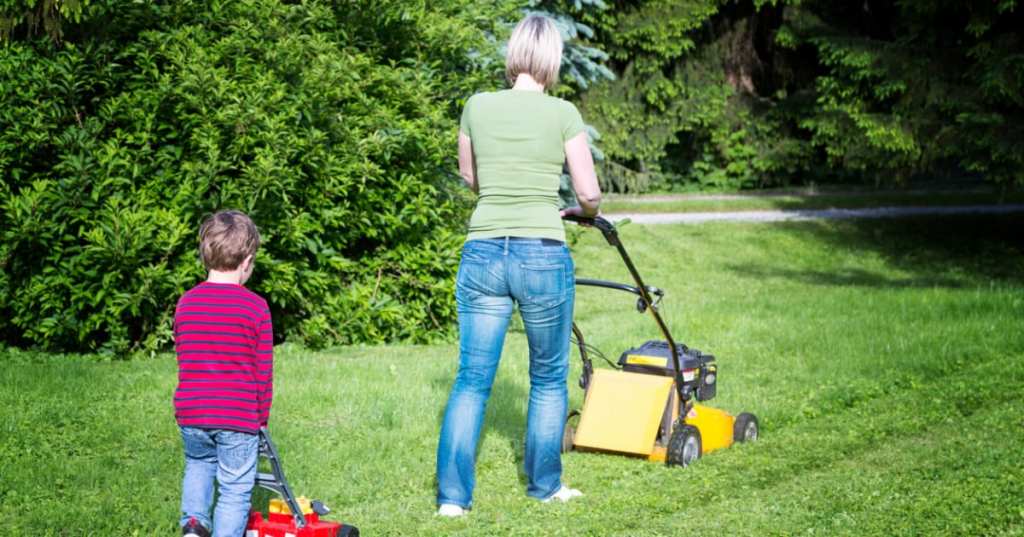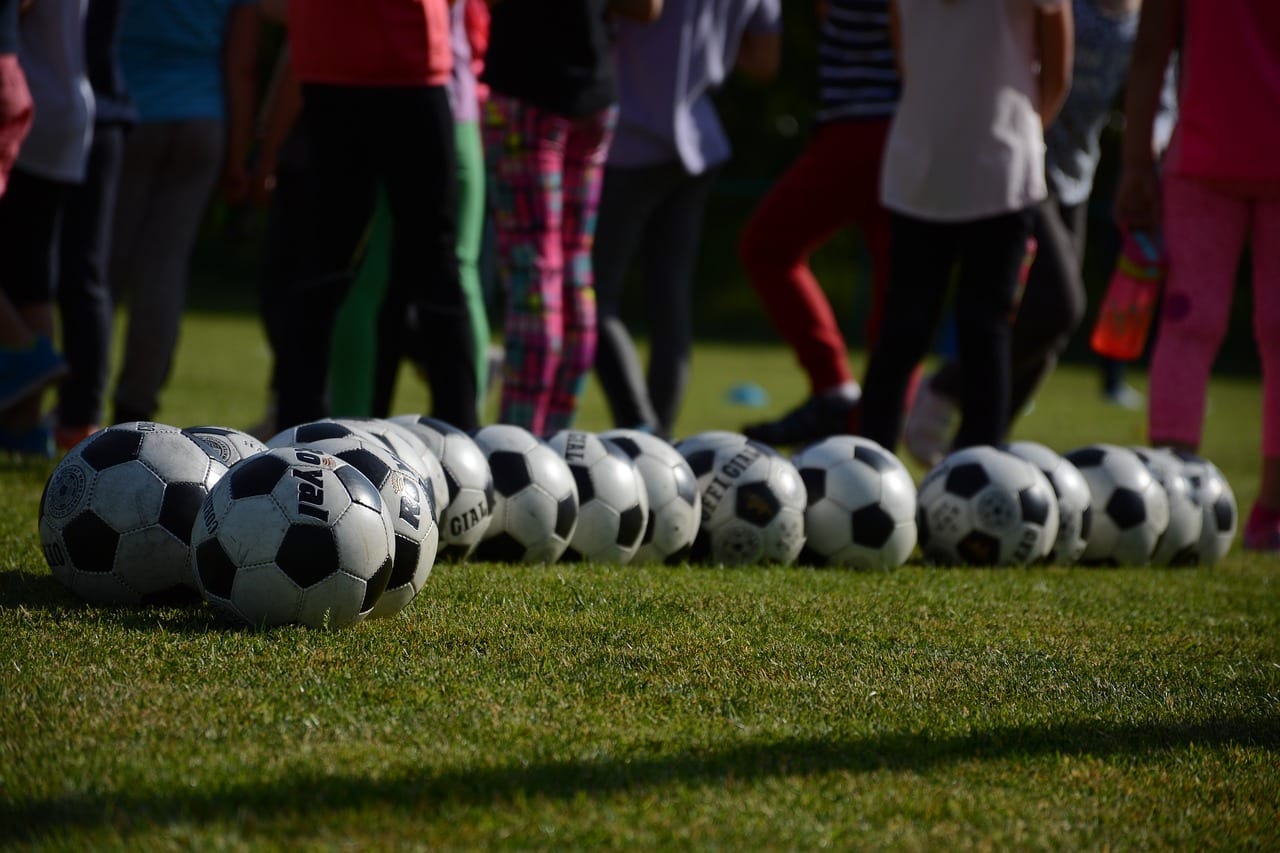Trending Now
Helicopter parents. Free-range parents. Those are the far ends of the spectrum, but I promise you, most parents in the world fall somewhere on the spectrum in between monitoring their kids’ every move and letting them do what they want all day and night.
Many, if not all, of my friends who are teachers would tell you, though, that recent years have seen a rise in what we term a “lawnmower parent” – someone who wants to go in front of their child, mowing down any obstacles and challenges before their precious offspring even needs to confront them on their own.
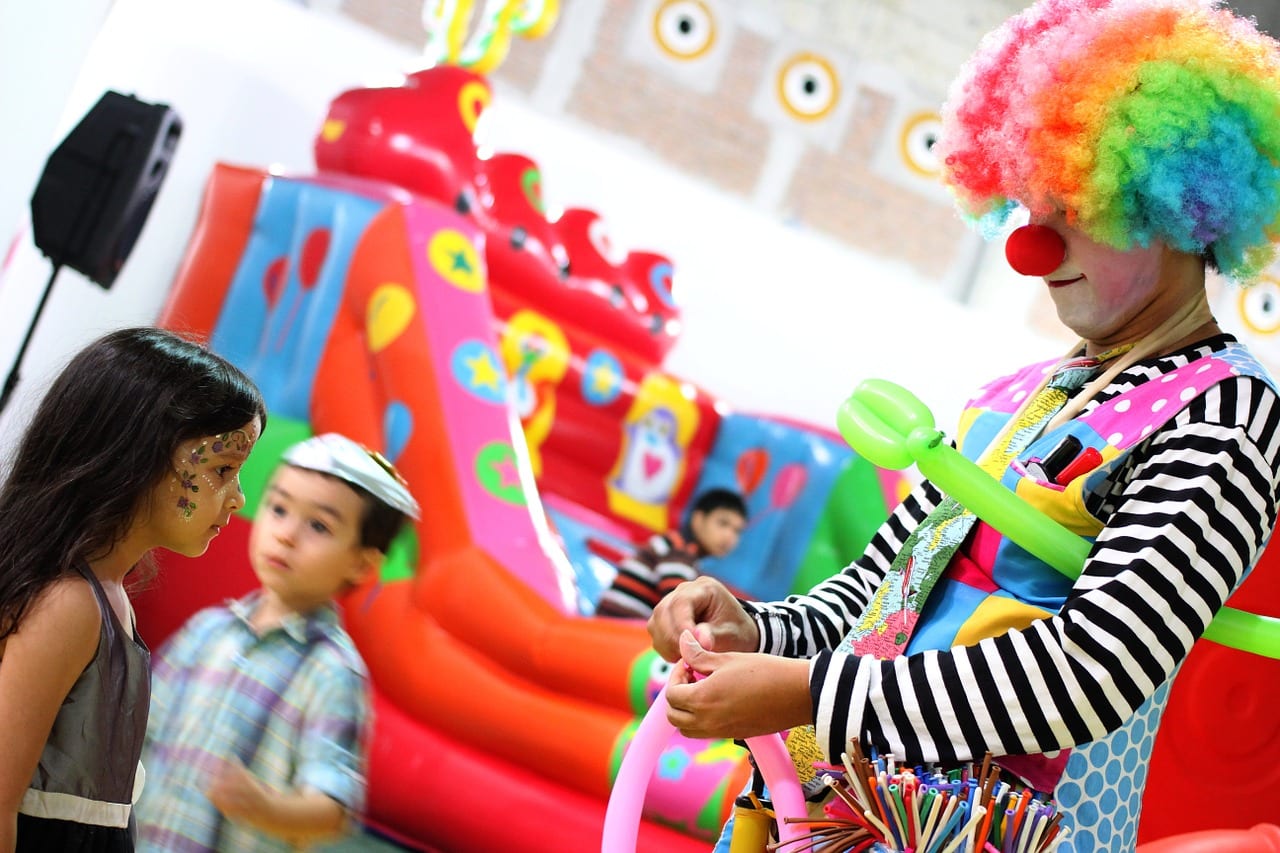
Image by Neramit Event from Pixabay
An example? Some parents won’t allow their child to have a balloon – not because they’re afraid they’ll choke on it, or they’ll inhale the helium, but because they’re trying to spare the kid the disappointment of having one pop or fly away.
In March of 2019, The New York Times conducted a survey of over 1500 people between the ages of 18-28 and over 1100 parents of children the same age. They found that 76% of parents remind their adult children of appointments, 16% helped write all or part of a job application, 15% called or texted to make sure their child didn’t oversleep on an important day, 11% admitted they would contact their child’s employer if there was an issue at work, and 8% said they had intervened at college on behalf of their child.
That’s insane, y’all, and as a member of Gen X, nothing my parents would have even thought about doing for me, even if I had wanted them to.
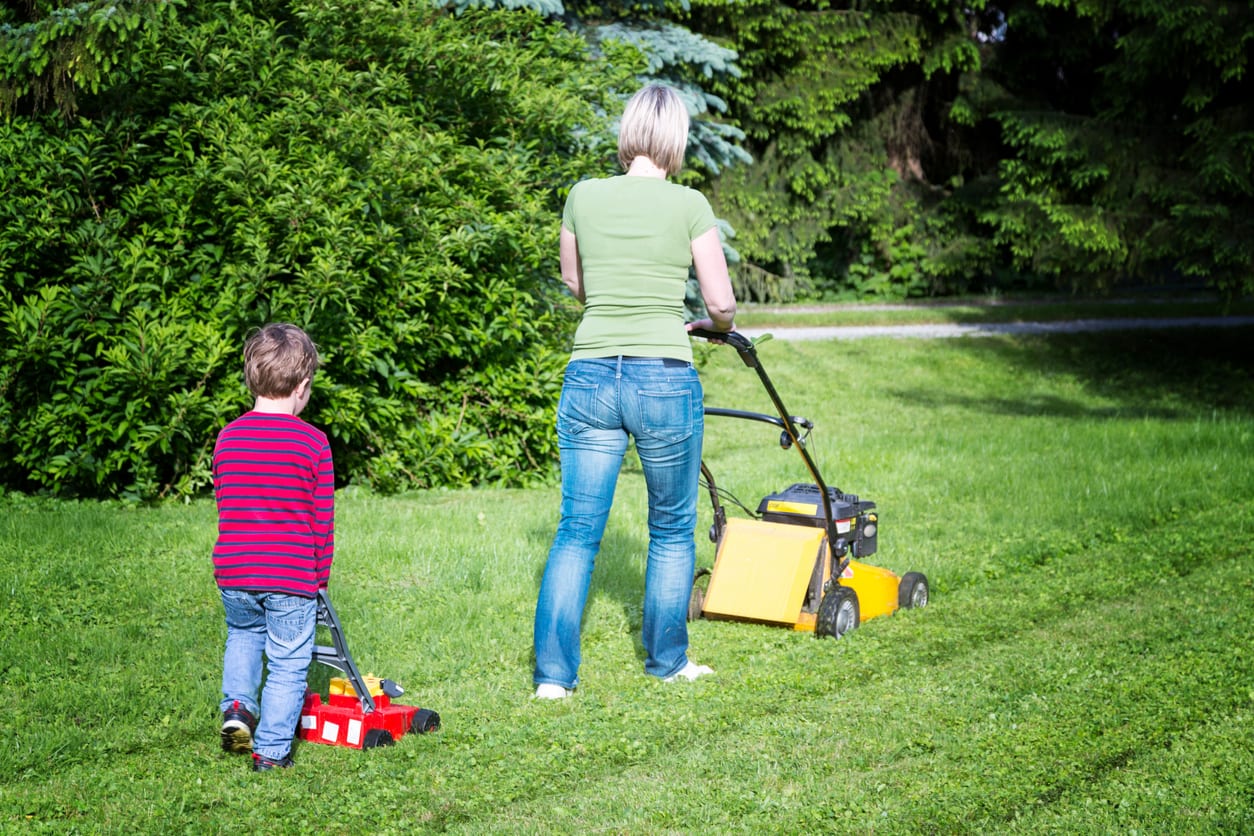
Image Credit: iStock
While it may seem on the surface like saving your kid from heartbreak or disappointment is the way to go, parenting experts like Dr. Deborah Gilboa said you’re actually doing them a huge disservice.
In short, kids need to be resilient, and if it takes a few popped balloons to teach them how to become tougher, them’s the breaks.
Where helicopter parents see obstacles and point them out for their kid, lawnmower parents get them out of the way so the child never even realizes they were there – and certainly gains no skills in being able to cope with them in the future.
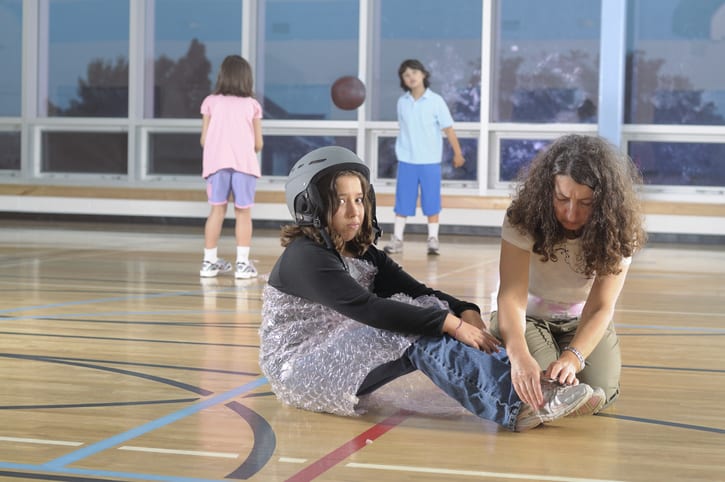
Image Credit: iStock
And there’s the major rub, because we won’t always be around to offer comfort and advice when obstacles inevitably crop up – so it’s better for kids to fail when we’re there to guide them than experience that feeling for the first time when they’re on their own, explains Gilboa.
“The children are developmentally delayed in their ability to process discomfort and disappointment and pain because we didn’t let them try.
Children of lawnmower parents don’t have positive coping strategies for managing stress because they ever got any practice while growing up.”
Likewise, those kids often have outlandish expectations from life, and experience even small discomforts as huge emergencies.
“We are flipping everybody’s expectations upside down. We are setting our kids up for betrayal if we lawnmower them because no one else will.”
Your child’s coaches, teachers, and other adult role models won’t clear their path, which will definitely be confusing down the road.
Being a lawnmower parent is good for the adult part of the equation, either, because it makes it harder for parents to separate from their children both physically and emotionally. Your happiness shouldn’t be tied to your child’s happiness, and even though no one likes to see their child upset, crying over things like broken toys and mean kids at school is just part of growing up.
And it doesn’t end with young children, either, says Dr. Greg Brooking, who has taught and coached in high school for many years.
“I returned to secondary education about five years ago, and have since encountered a higher rate of helicopter parents and a significant number of lawnmower parents. I’ve had mothers and fathers approach me with athletic ‘concerns’ as well as academic ones. I’ve also noticed how today’s parents seem to be incapable of assigning any responsibility to their children and are unable to grasp that their kids don’t, by nature, deserve to be in the starting lineup.”
He says if he doesn’t give them the answers they want, they are likely to take their concerns up the chain.
“These parents are also very comfortable with taking their ‘concerns’ to administration officials or athletic directors. As a teacher, these trends are frustrating, requiring an additional set of psychological skills to deal with parents and their children. The kids of these parents have also learned to manipulate the situations they encounter in the classroom, knowing that they might be able to get away with a little less effort than others because their parent will cause enough of a stir to make some teachers uncomfortable.”
Educator Elizabeth Clark says that some schools are adjusting their curriculums to try to put less focus on grades at an early age, but sometimes, the only thing to do is to address a parents’ failings directly.
“I very often have said, ‘You need to let your child fail because they never stepped up. It’s one of the best lessons they can give their child.”
Actions result in consequences, and the earlier people learn this lesson, the better off they will be for the whole of their lives. In order for it to really take, though, kids need to actually feel those consequences for themselves.
Things like stress and discomfort are not always bad – in fact, says Gilboa, they’re big ways we can be sure that we’re learning something new.
“We only learn when we are uncomfortable. It is essential to changing how this next generation’s trajectory goes.”
Uncomfortable doesn’t mean unsafe, either physically or mentally, and if a problem isn’t going to lead to permanent damage or scarring, it’s best to let your child attempt to solve it on their own.

Image Credit: iStock
It’s never too late to change, either – if your child is a bit older, explain that you want to do things differently going forward, that you’re planning on treating them more like an adult and letting them handle things in their own life.
Gilboa says not to worry about all of the other parents still mowing down obstacles – their kids might get into great colleges and get great jobs, but their parents will still be doing all of the heavy lifting, and some of those kids won’t be able to handle the stresses of living on their own at all.
Let your child experience life’s little difficulties so that when they begin to encounter larger ones without you by their side, they’ll have the emotional tools to mow them down all by themself.

